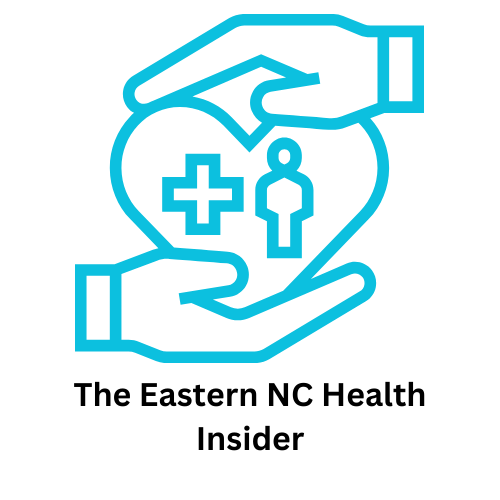
Understanding the Stakes: Medicaid Cuts and Their Impact
As potential cuts to Medicaid come into sharp focus, older and disabled recipients are expressing deep concern. Medicaid is not just a health insurance program; it is a lifeline for millions. For those living with disabilities or chronic health issues, finding a way to cope without the support of Medicaid could become a daunting hurdle, sparking fear and anxiety about what the future may hold.
The Human Cost of Medicaid Cuts
In conversations across communities, many recipients share personal stories of how Medicaid enables them to manage their health effectively. Individuals with disabilities rely on it for essential services such as medication, rehabilitation, and preventive care. Cuts to Medicaid would not merely affect budgets; stories emerging from across the nation illustrate a direct connection to the well-being of real people. For many families, it is more than numbers on a spreadsheet; it is about ensuring that loved ones receive the necessary care.
What Do the Experts Say?
Health policy experts worry about the broader implications of Medicaid cuts, emphasizing that this could lead to increased morbidity and mortality among vulnerable populations. According to a recent study, individuals relying on Medicaid have expressed that it significantly improves their quality of life. Experts argue that the ramifications of these cuts might ripple out, affecting not only healthcare access but also community health outcomes.
Parallel Examples: Lessons from Other Regions
Looking at places where Medicaid have faced cuts offers a preview of potential consequences. States that have drastically reduced Medicaid funding, like Kansas and Wisconsin, have reported negative outcomes, including increased emergency room visits and hospital admissions due to lack of preventive care. These scenarios serve as cautionary tales, showcasing that saving on healthcare now often leads to larger bills later as untreated conditions exacerbate.
Advocacies on the Rise: Mobilizing Support
Amid fears of cuts, advocacy groups are mobilizing efforts to protect Medicaid. National organizations are ramping up their campaigns, employing strategies that include public demonstrations, digital campaigns, and legislative lobbying. These efforts highlight the importance of community voices and emphasize that unified action can sometimes sway decision-makers.
Future Predictions: Navigating Uncertainty
Looking ahead, if proposed Medicaid cuts are enacted, healthcare inequities could deepen significantly. Predictions indicate that marginalized populations might be hit hardest, further amplifying existing disparities. Planning ahead for such outcomes means communities must prepare both on a grassroots level and through engagement with local policy-makers to propose alternative solutions.
How You Can Take Action
For those invested in the well-being of loved ones and communities, now is the time to engage. Whether it’s reaching out to legislators, participating in local advocacy meetings, or simply raising awareness through social media, individuals have the power to be a catalyst for change. Staying informed shortens distances between policymakers and constituents, making it possible to advocate for solutions that prioritize health equity.
A Call for Community Insight
As these discussions unfold, consider how you can share your own experiences and insights in the face of potential Medicaid changes. In a world where every voice can count, your stories can have a powerful impact, helping to shape a future that ensures the continued care of our most vulnerable populations.
Join the conversation. Let your voice be heard and advocate for the rights of those who rely on Medicaid. Your action today can be part of creating meaningful change tomorrow.
 Add Row
Add Row  Add
Add 




 Add Row
Add Row  Add
Add 

Write A Comment